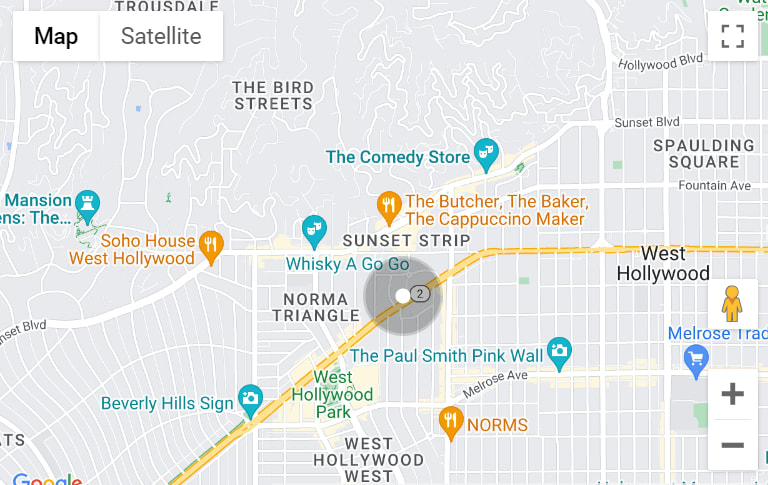
-
Compass
1300 1st St. #462
Napa, CA 94559
-
Kim Caterino | CA DRE# 01985003
With inflation, global economic uncertainty and rising mortgage rates many people are wondering...what is happening with home prices and is it a good time to buy a home?
Black Knight, a real estate software, data and analytics firm, reported the second straight month of home price declines in August, with prices down 0.98% from July. In spite of this decline, Black Knight reports that prices are still roughly 40% higher than they were in 2019, before the pandemic. CoreLogic also released a home price report this week that showed home prices in August were still 13.5% higher than August 2021.
So, while home prices are softening across the nation they are still higher than a year ago and it is unlikely that they will fall too steeply for several reasons. Though buyer demand has softened due to higher mortgage rates it has by no means stalled and there is still much more demand than there is supply. Before the pandemic supply was already low after a decade of underbuilding following the Great Recession. The pandemic fueled demand and led to furious home buying further reducing supply. The supply/demand imbalance is what drove prices up 40% in just two years. With a three months of supply of inventory in the existing home market that is only about half of what is considered a balanced market. Higher interest rates will further tighten supply as sellers choose not to give up their low mortgage rates to purchase homes at higher rates.
So, as a buyer, where does this leave you? Is buying during a recession a good investment?
While there are some exceptions, buying a home is still a smart financial move for most people, especially if you plan to live in the home for at least 5 years. Here are the most significant reasons you should still make it a priority to purchase a home:
1. Hedge Against Inflation
Historically, appreciation in real estate has outpaced inflation. If you buy a house and take out a 30-year, fixed-rate mortgage for 6.25%, you will pay this same rate for the entire 30 years. With interest rates expected to remain high for the short term, you are coming out ahead because the interest you are paying is less than the inflation rate. When the inflation rate falls, interest rates will fall along with it. At this time, you can choose to refinance to a lower interest rate, and still save money.
If you choose to rent instead, the rent you pay may change when your lease is up. For most renters, the lease only covers a 12-month period. According to Redfin the year-over-year rent increase is currently 15% and has been holding steady in the teens for a few months now. By renting instead of buying, you risk potentially paying more for housing every year instead of keeping your payment stable if you purchase a home.
With the capital gains exemption, single filers can qualify to exclude up to $250,000 of the gain from the sale of a primary residence from their taxable income. If you file a joint return with your spouse, you can exclude up to $500,000. This is a massive tax break, and it is one way that people build wealth with real estate.
If you rent, there is no tax deduction and no tax breaks.
4. Long-term Appreciation
In addition to building equity in your home, you also gain price appreciation. The average annual increase in real estate values is roughly 4%. Using the rule of 72, you can expect the value of your house to double in 18 years. If you made a down payment of $50,000 and took out a loan of $200,000 for 30 years at 6%, after 18 years, you have built up $77,123 in equity. The overall value of your $250,000 home when purchased has increased in value to $500,000. You now have an investment balance of $377,123 ($50,000 down payment + $77,123 worth of principal payments + $250,000 appreciation) if you were to sell.
Historically, housing prices trend upwards; there have only been a few exceptions, mainly in 2008 and 2019. Therefore, chances are good you will realize an increased value in your home.
Bottom Line
Overall, housing is still a good investment. While there is a risk of prices falling in the short term, it is not likely that we will see a severe decline like in 2008. If we look to the stock market as a guide, we know that time in the market is much more important than timing the market. In other words, it is better to invest in the real estate market — even during downturns — than to try to pick and choose the best time to buy or sell.
No one knows when the bottom will occur or when prices will start to rise again. If you don't want to miss the action, you are better off getting in than waiting.
Sources: CNBC, Forbes.com